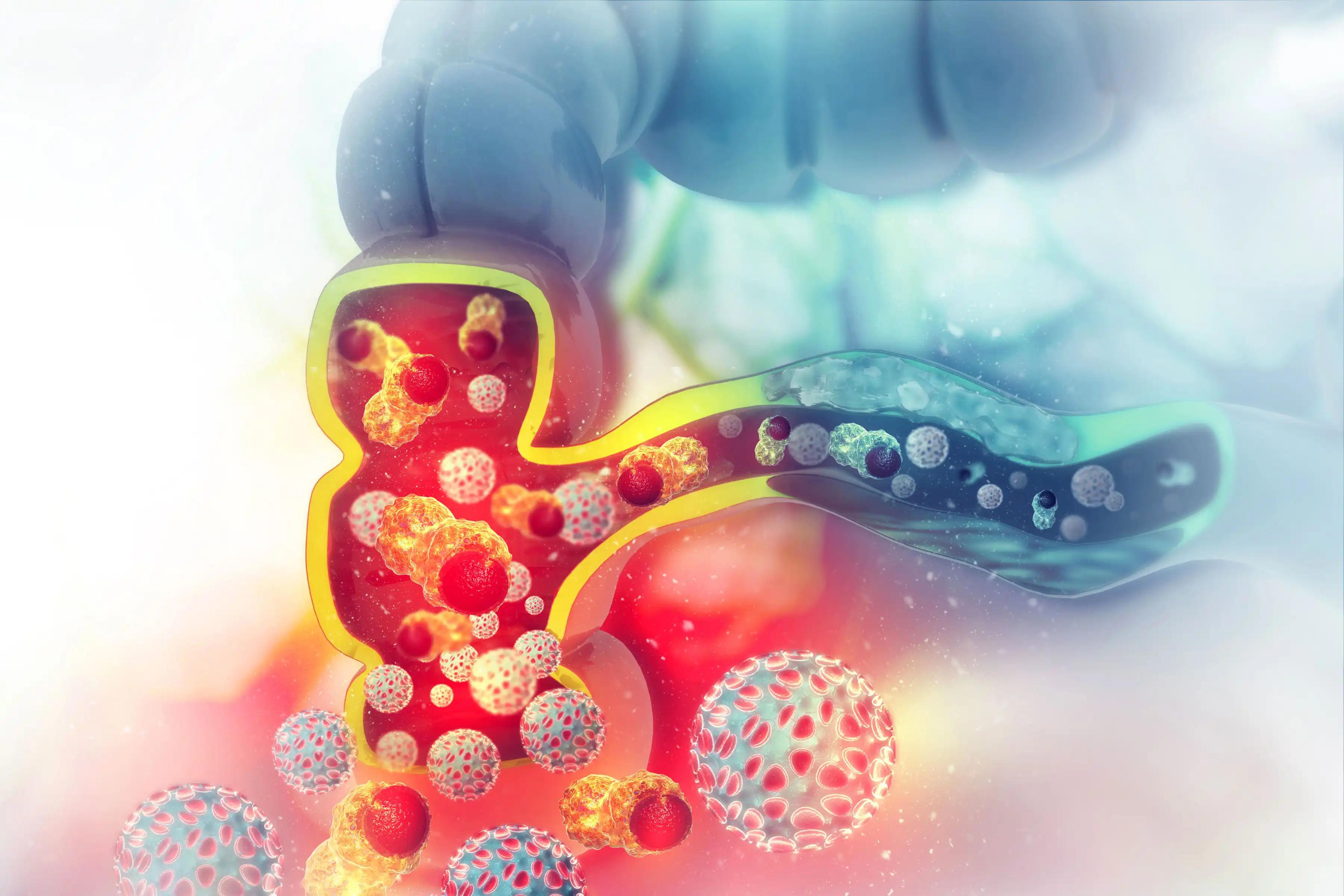KEY TAKEAWAYS
- The study aimed to explore thrombocytopenia risk factors in CapeOX-treated patients with CRC and assess platelet counts and liver fibrosis indices.
- The results indicated the predictive value of baseline albumin level and platelet count for thrombocytopenia in patients treated with CapeOX.
The adjuvant chemotherapy regimen for colorectal cancer (CRC) includes Capecitabine plus oxaliplatin (CapeOX). Despite oxaliplatin’s thrombocytopenic effects, the risk factors remain unclear.
Nanami Kato and the team aimed to explore thrombocytopenia risk factors in patients with CRC treated with CapeOX and assess platelet counts and liver fibrosis indices.
The study, conducted between July 2017 and June 2020, enrolled CapeOX-treated patients with high-risk stage II or stage III CRC. This retrospective analysis investigated patients’ demographics, laboratory results, concurrent medications, CapeOX and oxaliplatin cycles, cumulative oxaliplatin dosage, and treatment duration. Cut-off values for platelet counts, APRI, and FIB-4 scores were determined using receiver operating characteristic analysis.
The results revealed enrollment of 55 patients without thrombocytopenia and 44 with thrombocytopenia during CapeOX therapy. The thrombocytopenia group experienced significant declines in platelet count and notable increases in APRI and FIB-4 scores compared to the non-thrombocytopenia group.
Furthermore, baseline albumin levels of ≤3.5 g/dl and platelet counts of ≤238×103/μl were independently associated with ≥grade 2 thrombocytopenia in patients treated with CapeOX.
The study concluded that baseline albumin levels and platelet counts could predict thrombocytopenia in patients treated with CapeOX-treated high-risk stage II or stage III CRC.
No funding-related information was available.
Source: https://pubmed.ncbi.nlm.nih.gov/38688620/
Kato N, Nakai T, Kodama S, et al. (2024). “Risk Factors for Thrombocytopenia Induced by Capecitabine Plus Oxaliplatin Therapy in Patients With Colorectal Cancer.” In Vivo. 2024 May-Jun;38(3):1243-1252. doi: 10.21873/invivo.13561. PMID: 38688620.



